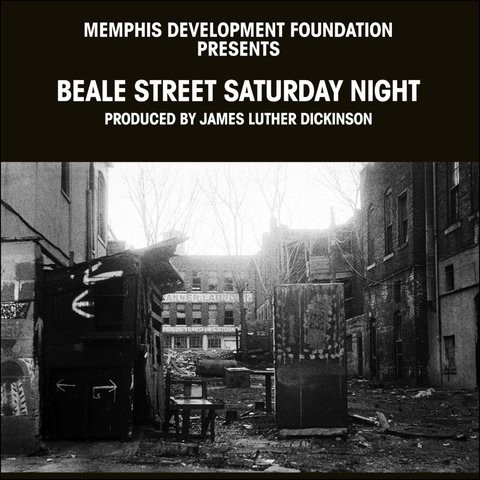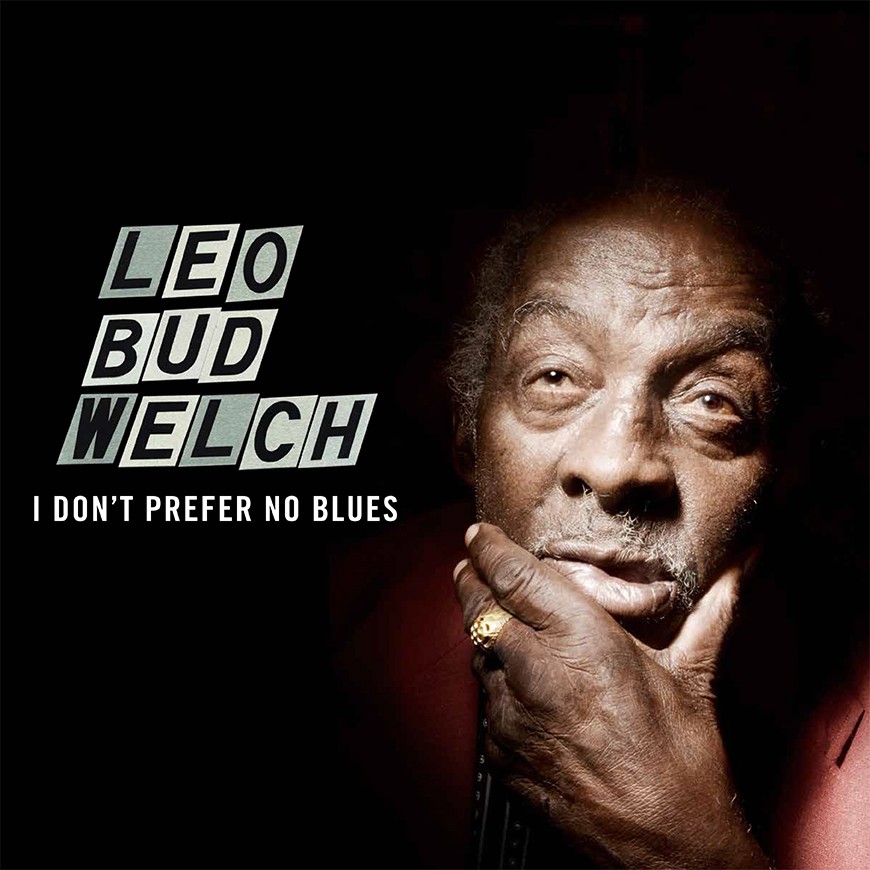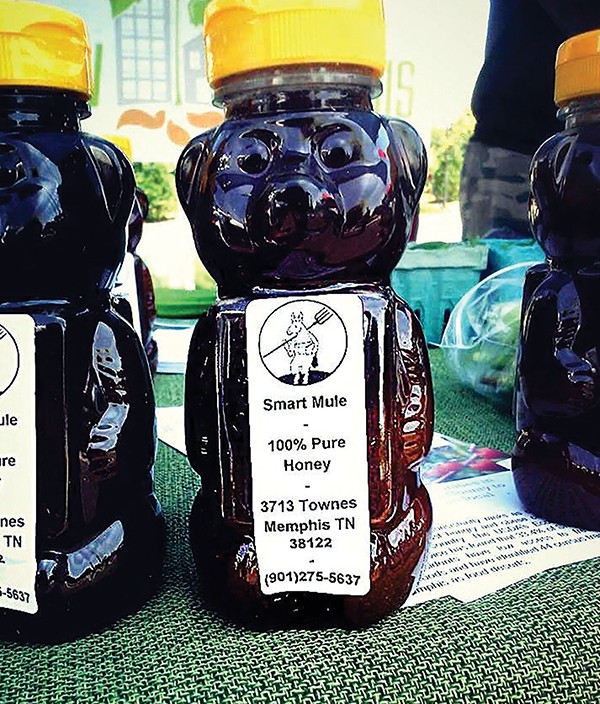Last September, WMC-TV news anchor Joe Birch turned to the camera and told his viewers that Memphians were “raging” because the Peabody Hotel was hosting a “controversial” convention over Easter weekend. “American Atheists are coming, and with them a guest speaker from the Satanic Temple,” Birch warned, before tossing the story to reporter Sasha Jones, who further framed the event as a “slap in the face,” to area Christians.
Nobody at Channel 5 differentiated between satanists and atheists. Neither did anybody clarify that members of the Satanic Temple aren’t devil worshipers either. The Temple was founded by activists who use parody, public sculpture, and satirical coloring books to defend the separation of church and state.
WMC’s breathless appeal to viewer emotions, conflating atheism with satanic activity, was a textbook example of what Danielle Muscato, public relations director for American Atheists describes as “the stigma.”
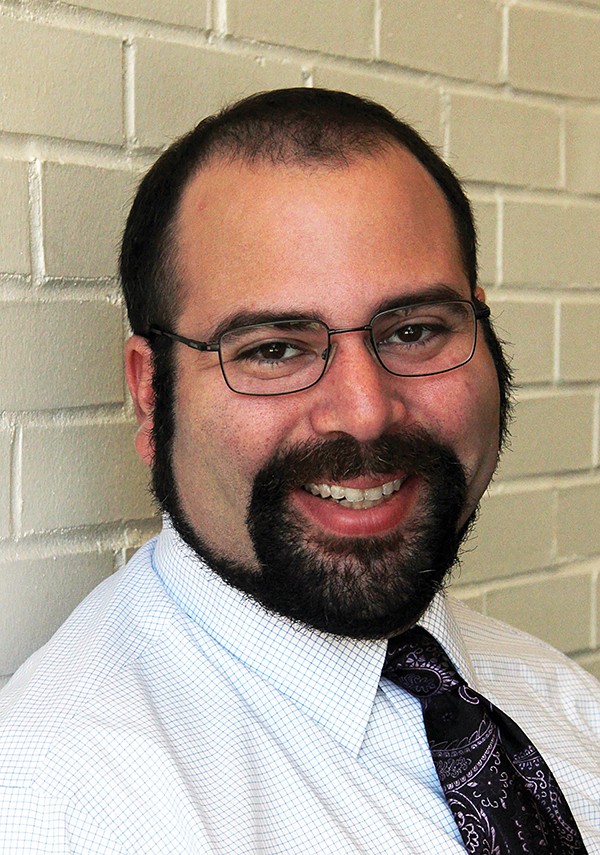
Danielle Muscato
“People have this opinion that you can’t possibly be moral if you don’t believe in God,” Muscato says. “And this isn’t a just a passive conclusion that they come up with on their own, it’s something that is actively being taught to religious people by religious leaders.”
Muscato’s comments are in line with the findings in a 2012 University of British Columbia (UBC) study published by the Journal of Personal and Social Psychology. The study showed that nonbelievers, one of America’s fastest growing demographics, is also one of the nation’s most misunderstood and mistrusted groups. The UBC study found that 55 percent of religious people wouldn’t vote for an atheist political candidate, no matter how qualified he or she might be. They don’t want their children marrying atheists, and in some cases Americans are even more likely to trust rapists over nonbelievers.
Study co-author, Will Gervais, has described the antipathy toward atheists as being especially “striking” since this isn’t a visible or politically powerful group.
Evidence of that distrust and antipathy surfaced recently in a highly publicized rant by Phil Robertson of Duck Dynasty fame. Robertson, a vocal Christian, spoke at a prayer breakfast in Florida and shared a terrifying parable about an atheist who’s bound to a chair and forced to watch while two men molest and murder his daughters and his wife.
“You’re the one who says there is no God, there’s no right, there’s no wrong,” Robertson’s imaginary rapists tell the atheist, after cutting off the man’s hypothetical “manhood.”
“Our national conventions are always on Easter weekend,” Muscato says, dispelling any rumors that the date was chosen as a personal affront to Robertson or anybody else celebrating the holiday. “We choose Easter for practical reasons: We can get a great deal on hotel and convention space. And we’re atheists, so we don’t have anything else to do.”
Peabody Hotel publicist Kelly Brock Earnest corroborates Muscato’s story. She describes the atheist booking as a “good piece of business” for a holiday weekend that is a historically slow time for local convention and hospitality industries. “For us, this is like hosting a Canadian group over the Fourth of July. It’s not their holiday.”
Some local media may have attempted to induce an old-fashioned satanic panic, but Muscato says Memphis and the Peabody have made the group feel welcome. “The Peabody is the first hotel that’s ever wanted our business,” he says. “Because we’re an atheist group, it’s not unusual for people to be wary of working with us. Sometimes they just outright decline to work with us.”
“Business as usual” is how Earnest describes the relationship. “We don’t discriminate for religious reasons. We’ve hosted all kinds of groups: Methodist, Baptist, Jewish, and others.”
From the Peabody’s perspective, the Easter atheists represent almost 1,000 “room nights,” filling half the hotel at its peak. “It’s good for Memphis,” Earnest says. “This is a group that doesn’t have a lot of evening events scheduled, so you know they’ll be going out to Beale Street and eating in downtown restaurants.”
American Atheists and its outspoken president, David Silverman, have been known to openly court controversy. This spring, for example, while Tennessee lawmakers worked in relative obscurity on HB566, a measure that empowers medical students with strong religious convictions to say no to ideas and patients they object to, the 51-year-old advocacy group for non-believers made headlines with one of its irreverent billboard campaigns.
The “Looks like we’re skipping church again!” slogan that appeared on billboards in Memphis got American Atheists banned in Nashville for being disrespectful. “We were told that using the words “Easter” and “church” was aggressive and offensive to another group,” Muscato says, allowing that there must be a different set of standards governing another towering billboards in the Nashville suburb of Portland, Tennessee, that quotes a flagrantly anti-gay passage from the book of Leviticus: “Thou shalt not lie with a man as with a woman. It is an abomination.”
Tweaking theists isn’t the only thing American Atheists does, nor is it the group’s primary objective. The national conventions, like the one being held in Memphis this week, promote the concept of an atheist community and serves to remind those who feel isolated after leaving religion that they aren’t alone.
Muscato describes the American Atheists’ convention as having a “party atmosphere.” There’s a costume component. Comedians are scheduled to entertain. Actors Trace Beaulieu and Frank Conniff, best known for their various roles in the sci-fi comedy show Mystery Science Theater 3000, will perform a live show riffing on the film God’s Not Dead starring former Hercules actor Kevin Sorbo.
The convention, which runs April 2nd-5th, also boasts an educational component. “We have 30 or 40 of the biggest names in atheism speaking about various topics,” Muscato says. Notable guests include Dr. Paul Offit, author of Bad Faith: When Religious Belief Undermines Modern Medicine, and controversial Somali-born women’s rights activist and Harvard fellow Ayaan Hirsi Ali, the convention’s keynote speaker. Ali’s dramatic personal story and commitment to women’s justice issues are as compelling as her uncompromising views on Islam are divisive.
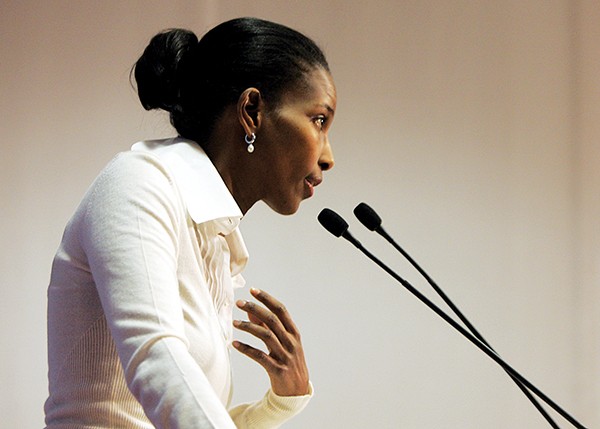 Reuters | Tobias Schwarz
Reuters | Tobias Schwarz
2015 National Convention
Godless in Memphis
“Where do you go to church?”
If you live anywhere in the Bible Belt, you’re probably familiar with this line of inquiry. It’s one of those little “getting to know you” questions Southerners ask, right alongside, “Where ya from?” and “What do you do?”
It’s a question that, according to a Pew Research poll, more and more Americans are having trouble answering. One-fifth of the U.S. public and a full third of adults under 30 now describe themselves as being religiously unaffiliated. Six percent of all adults describe themselves as being atheist or agnostic. The newly irreligious trend younger. They’re more likely to be single white males. Income and education levels are in line with the general population, though fully committed atheists and agnostics are more likely to have at least one college degree. Geographically speaking, non-religious Americans are more scattered than one might imagine, though the density is greatest in Western states. And, as one might expect, the numbers drop considerably in the South, which is more heavily populated with evangelical protestants.
That’s what makes the “Where do you go to church” question tricky, because many members of this small but growing population choose to remain at least partially closeted due to a lingering stigma brought about by generations of religion-fueled mistrust and misunderstanding. According to one member of the Memphis Atheists meetup group, it’s sometimes even more difficult for African Americans to live openly as atheists. The African-American church played such a large role in the civil rights movement that, for the faithful, leaving religion is seen as a double betrayal.
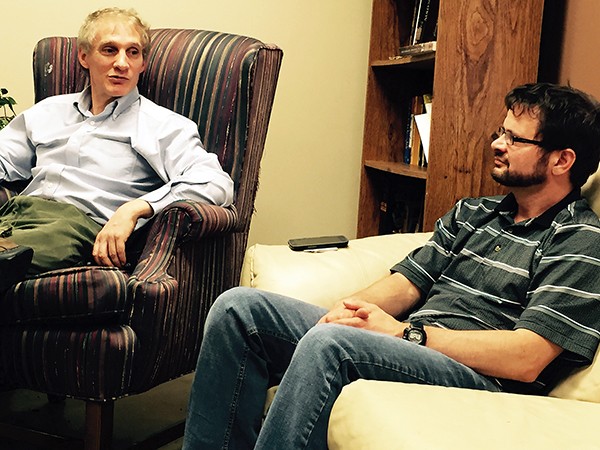 Chris Davis
Chris Davis
David Lieberman and Jason Grosser
It’s difficult to gage how many atheists live in Memphis. But as Jason Grosser of the Memphis Freethought Alliance says, the best way to push back against preconceived ideas is to be open and engage people. What follows is a snapshot of Godless Memphis based on interviews with a handful of atheists, humanists, and irreligious people who live here.
Recovery
Nick Saites wanted his traditional 12-step recovery program to work. “I wasn’t resistant to the idea of humbling myself in any way,” he says, recalling how difficult it was to communicate with his sponsor, a Christian man who volunteered to walk Saites through the steps and always brought the conversation back to Jesus Christ. “I literally got down on my knees in front of my bathroom toilet exactly as my sponsor instructed,” Saites, a research assistant at the UT Health Science Center, recalls. “I put my hands together right there in the bathroom and I said the prayer that he asked me to pray.”
But no matter how perfectly Saites went through the motions, nothing changed. He knew he was just another alcoholic kneeling in front of the toilet.
“My sponsor and I got to a point where we couldn’t have a single conversation that didn’t have something to do with God. I tried to make it work for me. I’d say ‘Okay, God is the wisdom of the group.’ My sponsor fired me. He literally told me, ‘I’m firing you!’
“I come from a family with addictive behaviors,” Saites says, recounting his own struggle, the multiple blackouts he suffered, and a desperate decision to seek help. “I was afraid for my life, my sanity, my well being, and my quality of life for my future. It was all dependant on the next course of action that I took. Someone in that state, whose beliefs are already congruent can come into a 12-step program and it’s optimal. But for somebody who doesn’t have those beliefs, it can be a very dangerous place.”
Unable to locate any secular meeting groups in the region, Saites decided to start his own. He also founded Memphis Comprehensive Recovery Network (MemphisCRN.org) with the help of two previously existing programs, Secular Organization for Sobriety (SOS), and SMART Recovery, a self-management and recovery training program.
“We’ve averaged about eight people a meeting,” Saites says. He estimates that as many as 200 people have sampled his program since it launched in 2014. “A lot of people don’t show back up after the first meeting, but that’s true of support groups generally. What we do know now is that there’s a demand for this kind of group in Memphis.”
Party Wing
The Memphis Atheists group describes itself as “the party wing” of Memphis’ godless community. The group, which has more than 600 Facebook contacts but only about 40 dues-paying members, organizes good movie nights, bad movie nights, and Dungeons & Dragons nights. They also organize frequent meetups that take place at area restaurants and bars like Schweinehaus, Wiseacre, and LBOE, where members can get together for drinks and conversation. Although the community defines itself by its disbelief, religion and atheism are less likely to be discussed than topics related to the latest craft beers and where one might find the best handmade spanakopita.
Oompah music blares and beer steins clink together at Schweinehaus, a German restaurant on Overton Square, as it fills up for the dinner rush. In comparatively hushed tones, a man sitting at the end of the Memphis Atheists’ table recounts the time when his children started expressing their own doubts about God. “I told them to keep their mouths shut,” he says, describing their suburban neighborhood and school as a potentially unfriendly environment for atheists.
 Chris Davis
Chris Davis
Liz Hoffmaster
He’s immediately scolded by his friend Liz Hoffmaster, an area nurse, and an out and proud nonbeliever. She runs the Memphis Atheists meetup website and has watched the group grow and evolve.
“Nearly everybody who joined the Memphis Atheists group was raised religiously,” Hoffmaster says. “It’s very rare to find someone in the South who wasn’t raised with religion. Inevitably, at their first meetup, they want to tell their story about coming out of religion, and so they do and we say, “Oh that’s cute, we don’t like that either. And then we get on to the party, which is what it’s really all about.”
Hoffmaster describes the Memphis Atheists meetup group as being mostly younger people, though there appears to be considerable age, race, and gender diversity. “When I first took over the group, most of the members came from somewhere else. Now a surprising number come from Memphis,” she says. “Many of them are still afraid to be open with their family and work.
“There’s a lot of social awkwardness,” Hoffmaster says of Memphis Atheists. “And there’s a lot of fun. … The friends I have made through the group are more like family than my actual family.”
Dating Games
Paul Ringger couldn’t find a date. Not in Memphis, anyway. Not using online dating services. It didn’t matter that he’s a smart, accomplished guy, who’s traveled around the world twice. The data didn’t line up. This is, apparently, a common lament for nonbelievers seeking nonbelievers in the South.
Ringger’s a lifelong Memphian. He was raised in the Lutheran church and attended religiously affiliated schools, but he says he’s not sure that he ever believed in God.
“I’ve been an altar boy, I have experience,” says Ringger, whose family owned a bookstore, providing him with uncommon access to information even in the dark days before the internet. He also grew up across the street from his uncle, William Eggleston, the celebrated photographer and famous bon viviant.
He developed a questioning, occasionally combative nature that made some people uncomfortable, including his Sunday school teachers. One adult even accused him of being, “possessed by demons,” when she heard he’d been talking about Eastern religions. “I could be a little disruptive,” he says.
Ringger occasionally attends church and sings from the hymnal. He finds value in cultural literacy and sometimes takes advantage of volunteer programs at Calvary Episcopal.
“Volunteering isn’t a big part of my life,” he says, but allows that civically minded churches like Calvary can be a welcoming place for humanists who want to help out and a good place for believers and nonbelievers to mingle while making breakfast for the homeless.
“Every time someone asked, ‘What church do you go to,’ I would tell them I don’t believe in God. I’m an atheist really.’ Good conversations resulted.”
After his divorce, Ringger started looking into online dating services like eHarmony and OkCupid. He wanted to meet new people with a similar cultural background and see what it might be like to go out on dates in the Memphis area with people who shared his interests. “I did a questionnaire for eHarmony. I’d seen it on TV and thought I’d check it out,” Ringger says. “They said, ‘Sorry there’s no one compatible with you on here.’
“I’m a nerd,” Ringger says, laying out his next move. He went online and found user forums that collected data from dating sites related to things like education, religion, and how far a person has traveled from their home over the course of his or her life. Using that information, he created a series of dating maps. And then he combined them in photoshop in order to discover just how far he’d have to travel for a match.
“It was like I lived in this black hole,” he says, describing what the map told him about his pitiful hometown prospects.
It’s not all bad news for nonbelievers looking for a date online. OkCupid ran an analysis of 500,000 first contacts and discovered that mentioning one’s religion helps, but paradoxically, it helps atheists more than believers.
Un-Church
What’s the biggest myth about atheists? Jason Grosser, the driving force behind Memphis Freethought Alliance (MFA), says he thinks it’s that all atheists are out to destroy religion.
“I think people would be surprised by how many of them are strong supporters of religious liberty.” Grosser allows that every group has its fundamentalists and firebrands, but finds that the majority of people he encounters just want religion out of government.
Grosser, a behavioral analyst and consultant by trade, says he’s thankful for his religious friends. “They give me tips,” he says, enjoying both the irony, and the perspective. “When I’ve complained about certain growing pains [with the group], my friends have assured me that small churches go through all the same problems.”
The MFA is a not-for-profit organization that creates opportunities for the variously unaffiliated to find community and intellectual stimulation. The group holds two book club meetings weekly, and two “Occam’s Cafe” groups, where participants discuss current events.
The 445 people connected to Memphis Freethought are connected by way of Meetup.com. “We used to be a much smaller group,” Grosser says. “A lot of people are hesitant to admit that they’re atheist. But it gets bigger every year by 50 or 60 members.
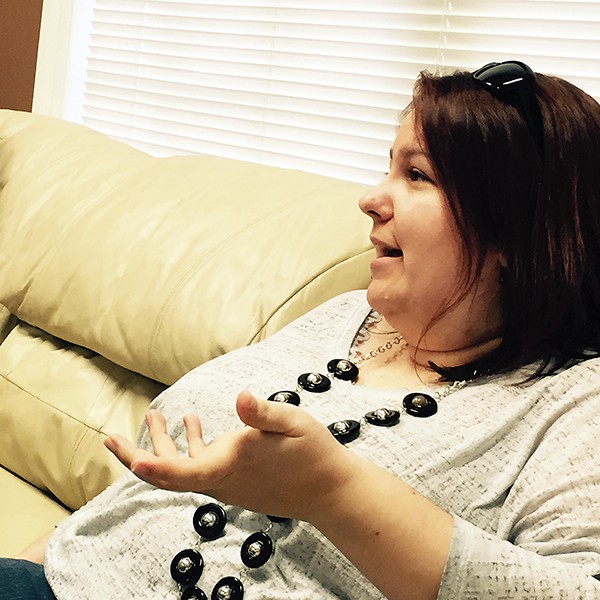 Chris Davis
Chris Davis
Brianne Klamer of the Memphis Freethought Alliance
“It’s really fulfilling when somebody says, ‘I’m so glad this is in Memphis.’ Because here we are, in the center of the Bible Belt, and usually these are people who are trying to connect to a community. Churches are very community-oriented, so what we’ve been doing is setting up an alternative community.”
Passing
It’s difficult to pick an atheist out of a crowd. Eric Gottlieb, a Memphis math professor, is a soft-spoken dog lover who only discusses his non-belief when he encounters a kindred spirit and the subject somehow arises. He doesn’t belong to any atheist clubs or organizations.
“I really appreciate people whose beliefs motivate them,” he says recalling the good works his Presbyterian neighbors have done and the generosity they’ve shown to troubled kids they’ve taken in and helped. He says he hasn’t experienced much in the way of intolerance. As far as intolerance goes, I don’t think Memphis is the worst place you could live,” he says, allowing that respect is sometimes another matter.
Shortly after moving from Miami to Memphis, Gottlieb experienced a bit of culture shock. “My wife and I were in Pottery Barn, when this kid who couldn’t have been more than 10, maybe younger, asks if I’ve accepted Jesus Christ as my Lord and Savior. I said, ‘No.’ Then he asked if he could pray with me. I said, ‘No.’ This kid was persistent and really had his patter down. After about five minutes, he finally said, ‘Well, if you want to go to Hell, I can’t save you.'”
Gottlieb was gobsmacked. “If I’d have picked my jaw up off the floor and put it back in my head I might’ve said something like, ‘That’s rude for you to make these assumptions about me and my beliefs.'”
Gottlieb isn’t an “in your face” person but he does think “in your face” atheists and activists make a good point. “It’s like being gay,” he says. “If someone doesn’t know any gay people, it’s easier for them to say, ‘Those people shouldn’t be allowed to get married.’ But if your brother or your sister is gay, and you see them in a relationship and they’re kind to each other and have kids that they’re trying to raise and you understand what challenges it poses for them, that makes you more sympathetic, more empathetic.
“I think it’s important for people to know atheists,” Gottlieb says. “I guess I see that as being a solution — for atheists to be respectful but open about their own views.”

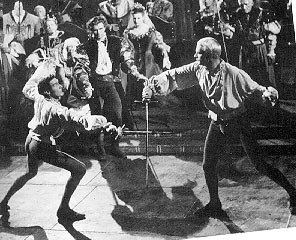
 Larry Kuzniewski
Larry Kuzniewski 
 Larry Kuzniewski
Larry Kuzniewski  Larry Kuzniewski
Larry Kuzniewski 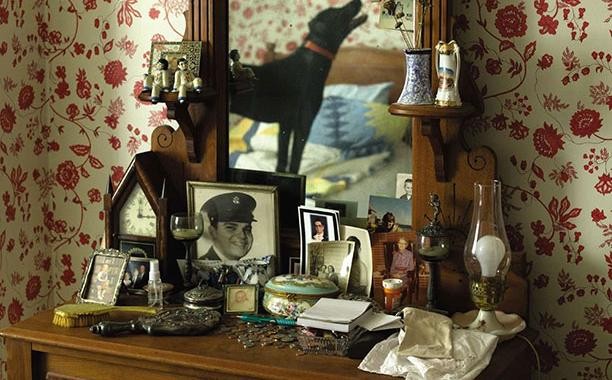

 Reuters | Tobias Schwarz
Reuters | Tobias Schwarz  Chris Davis
Chris Davis  Chris Davis
Chris Davis  Chris Davis
Chris Davis 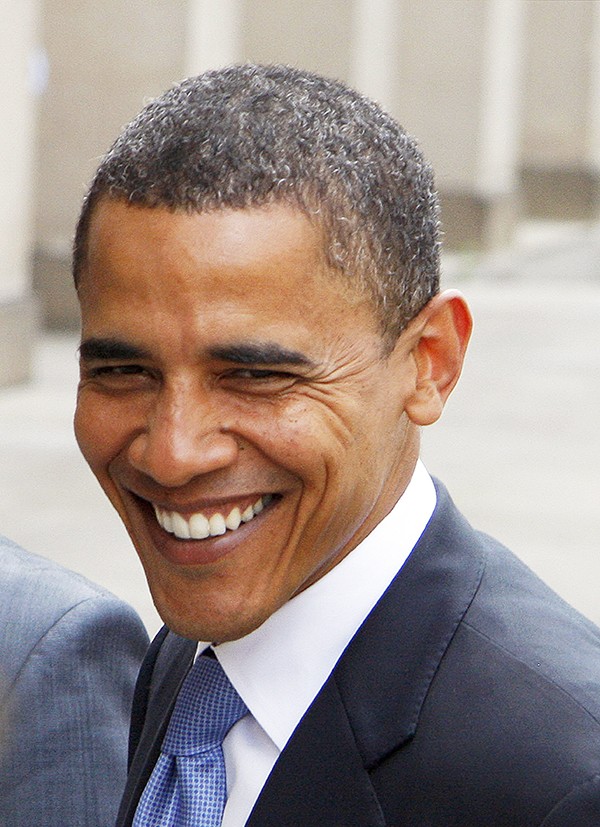 Markwaters | Dreamstime.com
Markwaters | Dreamstime.com  Konstanttin | Dreamstime.com
Konstanttin | Dreamstime.com 